Members directory

Mr
Fredy
Galvis Ovallos
Sandflies ecology, vector capacity, transmission Dynamics
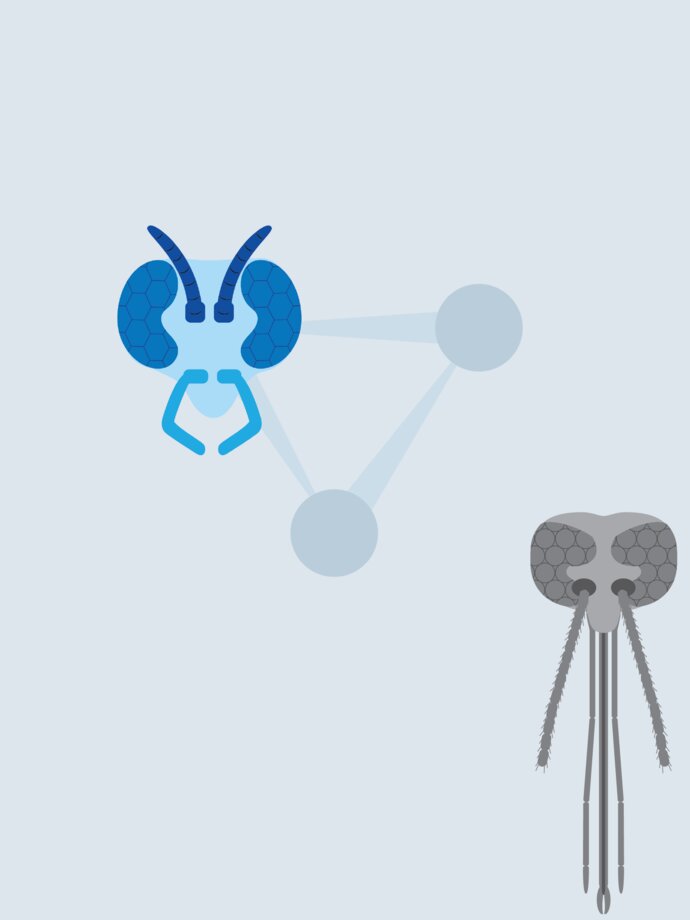
Dr
Juan José
García
Mosquitoes and blackflies biological control
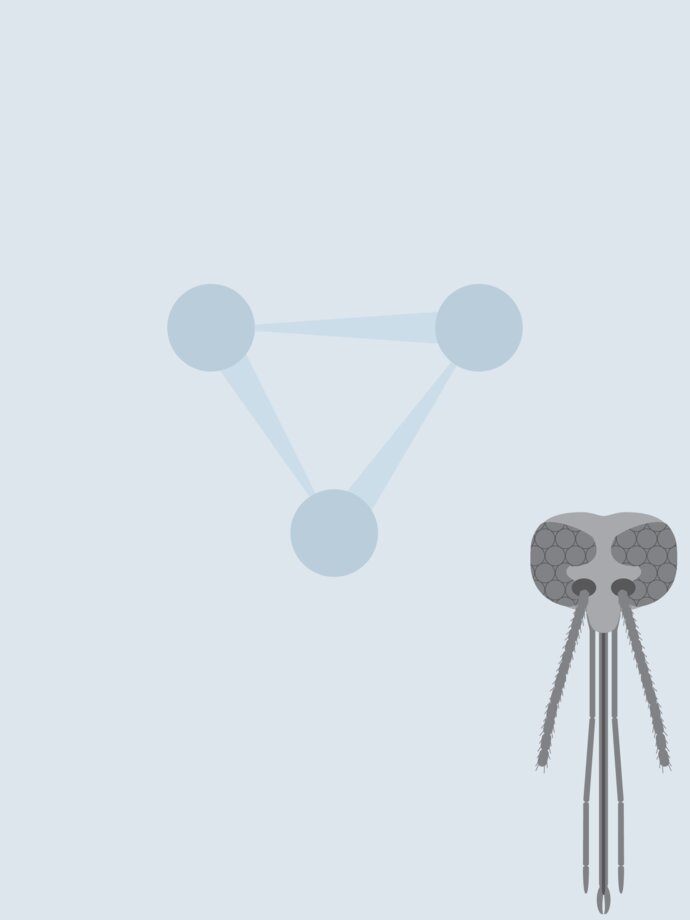
Dr
Julian
Garcia-Rejon
Mosquito ecology and arboviruses

Dr
Rajesh Babu
Garlapati
I am interested to work on sand fly ecology, behaviour, breeding sites and feeding preferences. Also interested to learn about gnats and black flies also.
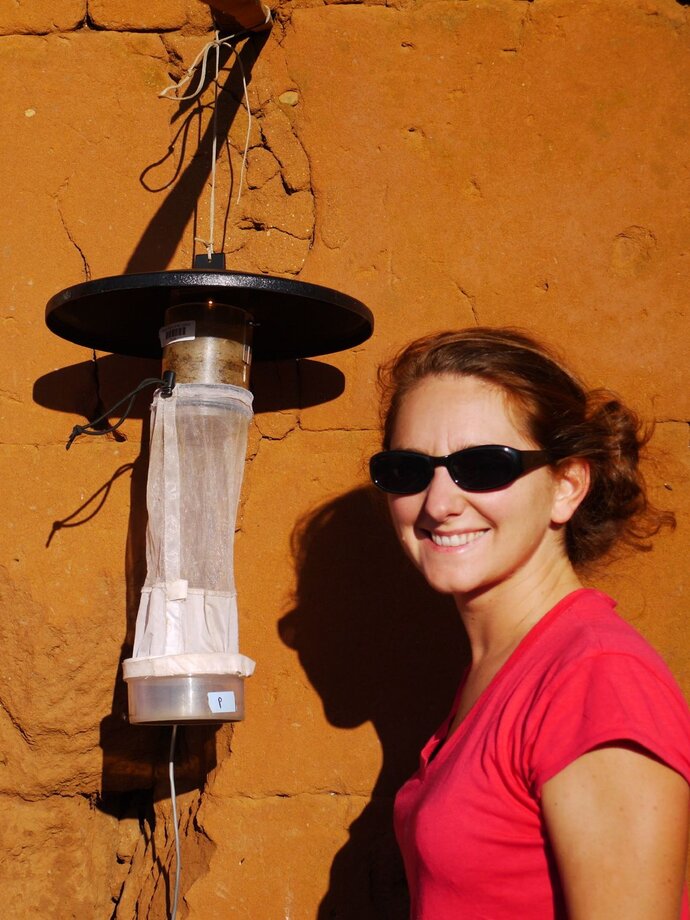
Dr
Claire
Garros
ECOLOGY OF VECTOR BORNE DISEASES
culicoides taxonomy, biology, ecology and control

Dr
Javier Alfonso
Garza-Hernández
I am interested in ecology, mating behavior, biocontrol of hematophagous dipterans. Also in arbovirus detection and insect pathology.

Mrs
Kamila
Gaudêncio da S. Sales
- Vector-borne diseases
- Sand fly biology
- Pathogen-vector interaction
- Molecular taxonomy

Mr
Agustin
Gavilanes
As a future bachelor in Biology, I developed my university path in the field of entomology, at the beginning with taxonomy, but at the two years I spent my time in a applicable field, in the vector control and survalence, developmeant of repellents and atractants, developmeant of traps, with high interess for chemistry ecology and behavoir

Mr
Dennis
Gayi
1.Laboratory rearing techniques for insects and insect vectors.
2.Molecular characterisation of insects and insect vectors
3. Ecological and predisposing insect-vector interractions.

Professor
Fernando
Genta

Professor
Alec
Gerry
Culicoides ecology. Use of animal-baited and odor baited traps for capture of blood-feeding insects.

Mr
Debashis
Ghosh
Leishmaniasis
Malaria
Dengue and other Vector born disease

Mr
Tapon Kumar
Ghosh

Professor
Gabriella
Gibson
Behaviour of blood-sucking insects with the aim of designing surveillance and control tools to reduce vector-borne disease. Research conducted under controlled conditions in NR behaviour labs and in the field, especially in Burkina Faso, Benin, Kenya and Cameroon.

Dr
Awa
GNEME
Vectors ecology, Vector_Pathogens interactions

Dr
Lidiane
Gomes da Silva
Population genetics;
Phlebotomine sand flies;
Association studies.

Sonia
Gomez

Dr
Estela
Gonzalez

Dr
Mikel Alexander
González González de Heredia
Post-Doc researcher
I am an early career researcher with 4 years expertise in Culicoides biting midges (Ph. D. Dissertation entitled: “The genus Culicoides (Diptera: Ceratopogonidae) in the Basque Country, Northern Spain”), 2 years experience in sand flies (1st Post-Doc, project named “Field trials of synthetic sex pheromone to reduce visceral leishmaniasis transmission by Lutzomyia longipalpis in Brazil”) and 3 years with mosquitoes (2nd Post-Doc in a project named “An integrated program for surveillance, disease prevention and control of the Asian Tiger Mosquito Aedes albopictus in Northern Spain”).
I have been working in Spain, England and Brazil on the ecology and biology of these important blood-sucking Diptera groups. My mother tongue is Spanish but I also speak and write in Portuguese and English. I consider myself a genuine field entomologist (passionate about trapping, surveillance and classical taxonomy) with high enthusiasm for nature but with some experience also in laboratory/molecular tasks.
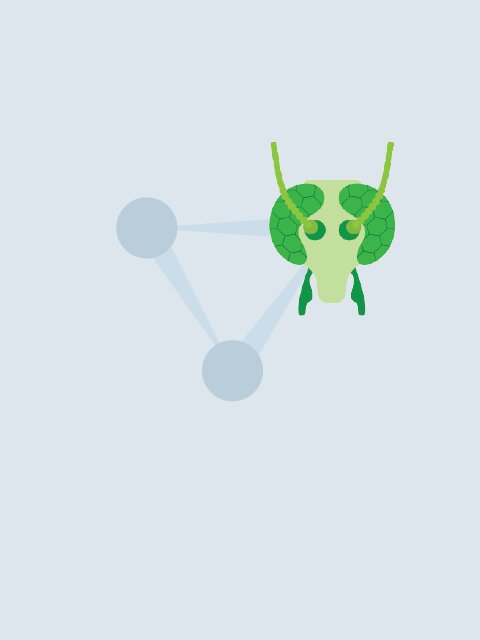
Professor
Yuval
Gottlieb
Interaction between bacterial symbionts, viruses and midges.
Midges ecology in dairy farms.

Dr
John
Graham-Brown
Veterinary parasites and vectors, diagnostics and surveillance

Mr
Elmer
Gray
We have maintained the only known colony of black flies (Simulium vittatum cytospecies IS-7) for the past 27 years. A wide variety of research projects have been conducted with specimens from this colony and eggs and adults are readily available for approved collaborators. Our particular interest is Commercial Research and Development associated with the biological larvicide Bacillus thuringiensis subsp. israelensis and larval feeding, although adult feeding studies are currently being conducted. I have also worked on three continents conducting and advising black fly suppression programs. This work includes personally operating a localized black fly suppression program for the past 24 years in the southeastern United States.

Mr
Yannick
Grimaud
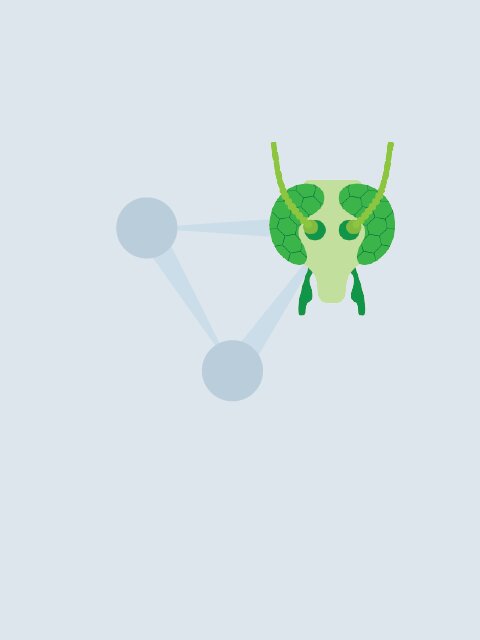
Dr
Helene
Guis
spatial epidemiology, distribution modelling and mapping, risk modelling and mapping, Culicoides, animal health, One Health,arboviruses, surveillance

Dr
Serafin
Gutierrez
- Ecology and evolution of arboviruses
- Community ecology of viruses associated to arthropod vectors